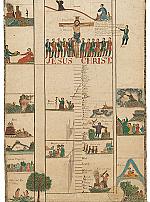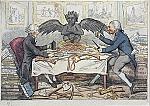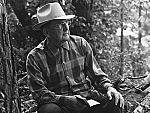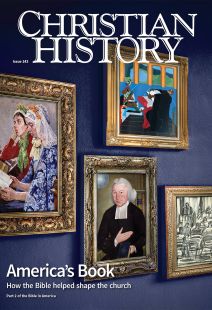Rioting over the Bible
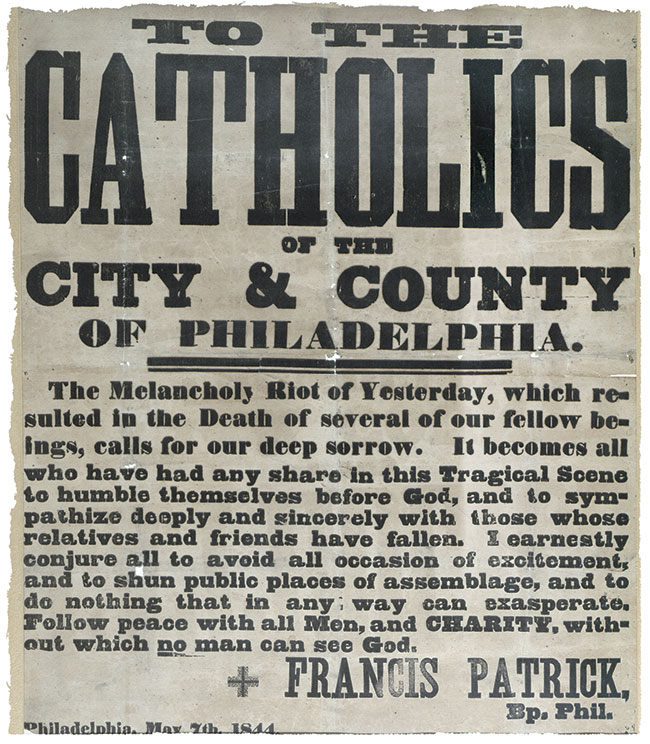
[Philadelphia Nativist Riot Placard, 7 May, 1844—Francis Patrick [Kenrick] / [Public domain] Wikimedia]
On a spring night in 1844, the men and boys of St. Patrick’s parish in Philadelphia manned the roof of their church, rifles in hand, waiting for an anticipated attack that never came. St. Patrick’s was spared, but other churches were not: Flames of hatred engulfed St. Michael’s and St. Augustine’s during May and July of 1844. Firemen, under orders from the anti-immigrant “Know Nothing” Party, let the buildings burn.
This was not the first act of terror against Catholics; in 1834 an angry Boston mob had burned down a convent because of Catholic protests against required readings from the Protestant KJV in public schools. Earlier in 1844 Roman Catholics in New York had objected to the reading of the KJV in their schools, which inflamed the Know Nothings in a crusade against Irish Catholics in Philadelphia, and a rumor spread that Catholics wanted the KJV removed from public schools.
Francis Patrick Kenrick, Catholic bishop of Philadelphia, defended his flock: “Catholics have not asked that the Bible be excluded from public schools. They have merely desired for their children the liberty of using the Catholic version. . . .” But tensions remained high, and riots soon erupted.
These “Bible Wars” did not end in the 1840s. In 1886 Catholic parents in Edgerton, Wisconsin, petitioned their local school board to stop daily readings from the KJV. After failing to convince the board, the parents took the case to court; the circuit court decided that the readings were not sectarian because the KJV and Catholic translations were of the same work.
The parents appealed to the Wisconsin Supreme Court. In the famous action known as the Edgerton Bible Case in 1890, the judges overruled the circuit court as illegally uniting the functions of church and state and forbade local school boards to mandate readings from the KJV.
By Ann T. Snyder
[Christian History originally published this article in Christian History Issue #143 in 2022]
Ann T. Snyder, adapted from a longer article in CH #100Next articles
Attackers and defenders
How “higher criticism” developed, came to America, and provoked a response
James C. UngureanuPreaching the gospel remedy
teachers, Translators, and theologians whose ideas echo into the present
Jennifer A. BoardmanThe virtual Word in the real world
Some popular websites dedicated to making free Bible texts and resources available.
Jennifer Woodruff Tait



